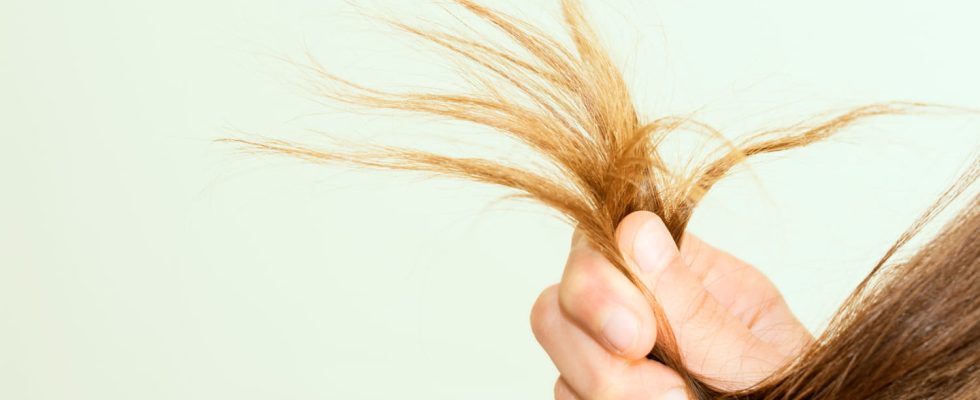Behind a habit can sometimes hide a disease that needs to be treated to get better. In reference to the heroine of the tale of the Grimm brothers with very long hair, Rapunzel’s syndrome is one of the pathologies to be identified.
Rapunzel syndrome (or Rapunzel syndrome), whose name refers to the heroine of the tale of the Brothers Grimm (written in 1812) with very long hair, is a very rare disorder. According to a 2009 study published on the United States National Library of Medicine, it is estimated at less than 40 the number of cases recorded worldwide. THE first case would have been reported by Vaughan et al in 1968. Although this syndrome has been described in the scientific literature, for the time being it is an informal term, not listed in DSM-5.
What is Rapunzel Syndrome?
Rapunzel syndrome is a rare disorder that manifests as trichophagia, that is to say thecompulsive swallowing of one’s own hair, associated with trichotillomania, a disorder characterized by the pulling out of one’s own hair and hair. “People tear out their own hair to eat it. They ingest the bulb, the root or the whole hair“describe Christine De Bouvère, hypnotherapist. In these cases, hair ingestion can formtrichobezoars, long masses of hairs rolled up on themselves sometimes resembling a ponytail. Trichobezoars – identified after imaging tests – must in particular be removed surgically. According to a study published on the United States National Library of Medicine, in 2010, this name refers to the eponymous character of the Grimm fairy tale, known for his long hair, due to the amount of hair found in the stomach and intestines.
What are the causes of Rapunzel Syndrome?
Rapunzel syndrome is caused by psychological factors. “He is part of obsessive compulsive disorder or OCD the causes of which can be linked to problems with stress, anxiety and depression“, explains the hypnotherapist. It can appear to focus attention.”This reaction makes it possible to reassure oneself in the face of situations of anxiety. explains the specialist.
What are the symptoms of Rapunzel Syndrome?
This syndrome is manifested by compulsive pulling and ingestion of hair and the formation of trichobezoars in the intestines and stomach. This implies an absence of hair on certain areas of the scalp, alopecia associated with trichotillomania. Trichobezoars, untreated, can cause “premature feeling of fullness, nausea, vomiting, and abdominal pain“, as the MSD Manual reports. Complications also include:
- weight loss
- Obstruction of the stomach, intestine or other parts of the digestive tract
- anemia
- Deficiencies
- A risk of peritonitis (inflammation of the abdominal wall)
- A risk of ulcer
- Digestive bleeding
- Hemorrhages…
Is there a cure for Rapunzel Syndrome?
Hypnosis would be fine. “I propose to prescribe tasks in order to feel the sensations before pulling your hair out and to be aware of the behavior to be modified, then to conversational hypnosis so that the person is aware of the emotion leading to the behavior and teaches them how to change that emotion. I then propose to consolidate the change in behavior by Ericksonian hypnosis sessions“she explains about her approach.
Cognitive and behavioral therapy (CBT) should also be considered for symptom relief. “The most used tool (for trichotillomania) is habit reversal technique. The person learns to become aware of his actions, to identify the situations that trigger the behavior and to use strategies that allow him to stop pulling his hair, for example, by replacing the pulling with a different gesture such as knit or sit on your hands,” says the MSD Manual.
